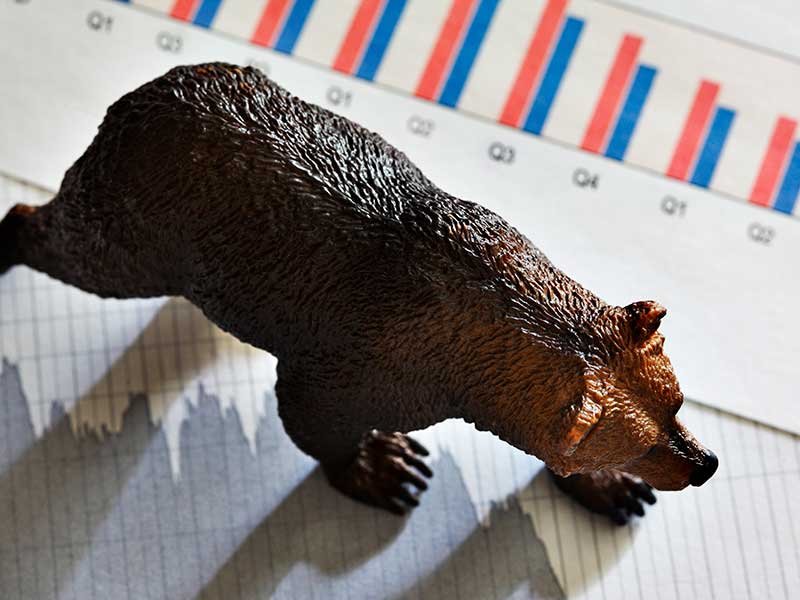
Canadian chief executives are more pessimistic than their global peers on the economy, with just one-quarter expecting the Canadian economy to improve this year compared to 44% globally who expect better times ahead for their countries’ economies, according to PricewaterhouseCoopers (PwC).
Despite a gloomier short-term outlook on the economy, Canadian CEOs weren’t as down on their businesses’ longer-term prospects, said PwC’s annual CEO survey released Tuesday. About one-third (32%) of Canadian CEOs said their business may not be viable in 10 years compared to 45% globally, the report found.
Canadian CEOs (36%) are more likely than CEOs in other countries (32%) to have already adopted generative AI, but they also have realistic expectations about the risks it presents and the need to retrain workers.
“The findings speak to the tensions between the potential risks, uncertainties about the new technology and the pressure to move quickly to seize the opportunities,” the report said.
Half of Canadian CEOs said generative AI will improve the quality of their products and services in the next 12 months.
Canadian workers, too, have less to worry about when generative AI makes it to their workplace as only 14% of Canadian CEOs believe it will lead to a decrease in headcount in the next year, compared to 25% of global CEOs. In addition, over half (55%) of Canadian CEOs agreed that generative AI will require significant upskilling of their workforce in the next three years, with 53% believing that a lack of skills will inhibit future growth.
“Closing these skills gaps will be key, including when it comes to equipping employees to do their part in helping mitigate the increased risks CEOs foresee as a result of generative AI,” the report said.
Canadian CEOs had more moderate expectations of generative AI’s benefits, with 29% expecting it to increase revenues in the next 12 months versus 41% globally. Canadian respondents also said the technology would increase risks in cybersecurity (68%), misinformation (52%) and legal or reputational harm (47%) over the next year.